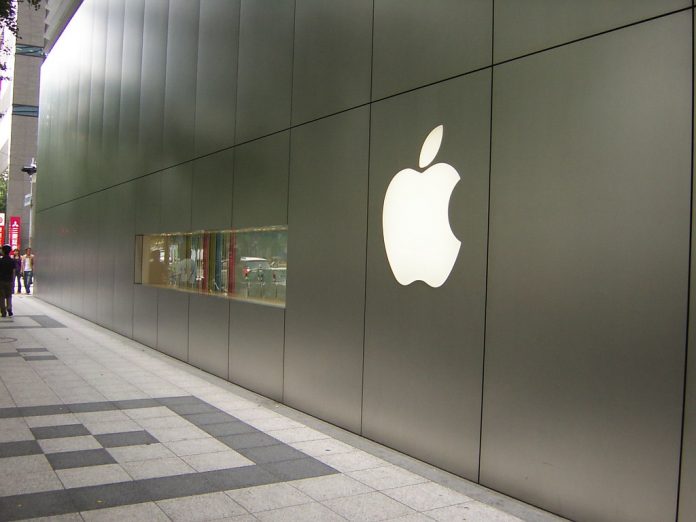In America, we do not punish businesses for their success. We certainly do not punish businesses because their competitors are struggling to keep pace. Sadly, that is exactly what the Department of Justice (DOJ) is attempting to do in its recent lawsuit against Apple.
In March, the DOJ, joined by 15 states and the District of Columbia, filed a lawsuit aimed at penalizing Apple for successfully competing in the market for smartphones. However, like much of the Biden administration’s approach to antitrust enforcement, the DOJ’s lawsuit is focused on punishing Apple for its success rather than addressing any real harm to consumers. Instead of fostering innovation and competition, this approach threatens to stifle the very progress that benefits Americans.
In its lawsuit, the DOJ makes the unsubstantiated claim that Apple has “willfully monopolized” the smartphone market through “exclusionary” and “anticompetitive” conduct. In particular, it accuses Apple of exercising unwarranted control over the creation, distribution, and functioning of apps within the iPhone operating system.
What the complaint ignores, however, is that this control is not simply a lawful business practice by a privately held company; it is an indispensable part of Apple’s business model. Far from being an “anticompetitive” practice that harms consumers, Apple’s careful approach to app integration is a pro-competitive way in which it meets its users’ demands.
Privacy, security, and seamless integration have been the core of Apple’s operational strategy for years. Back in 2010, Steve Jobs explained that “when selling to people who want their devices to just work, we think integrated wins every time.” That “open systems don’t always work,” and Apple was “committed to the integrated approach.”
What makes Apple products so unique is their ease of use and consistency over time. While no product will ever be perfect, Apple’s goal is to deliver a seamless, integrated experience that users can rely on time after time without giving it a second thought. How does Apple do this? By carefully exercising the very control that the DOJ is trying to punish. As economist Alex Tabarrok explains in Marginal Revolution: “Apple’s promise to iPhone users is that it will be a gatekeeper. Gatekeeping is what allows Apple to promise greater security, privacy, usability and reliability. Gatekeeping is Apple’s brand promise. Gatekeeping is what the consumer’s are buying.”
This control is not a sign of anticompetitive conduct, quite the opposite. It is Apple’s unique approach to third-party integration that differentiates it from other smartphone providers. As the Northern District of California found in the Epic Games v. Apple case, Apple’s approach “ultimately increases consumer choice by allowing users who value open distribution to purchase Android devices, while those who value security and the protection of a ‘walled garden’ to purchase iOS devices.”
The DOJ’s lawsuit is not actually about protecting consumers; iPhone users view Apple’s careful integration as a feature of the platform, not a bug. Instead, it’s a thinly veiled attempt to accomplish through litigation what Democrats could not get done through legislation.











